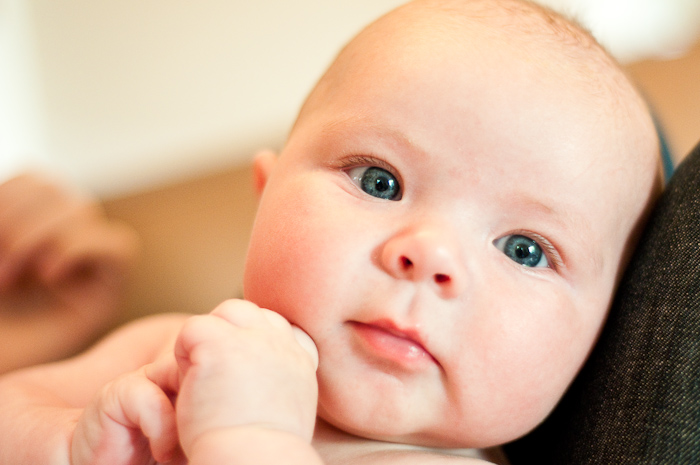As the birth-rate begins to slowly rise in some parts of low fertility Britain, new research shows it is women who are in close contact with their
wider family who are more likely to fall pregnant with a first and second child.
New studies on the impact of family connections on fertility by the Institute for Social and Economic Research have surprised researchers by showing that ‘Kin Influence’ seems to affect women’s chances of becoming mums, and of mums of one going on to have baby number 2. Researchers identify these as ‘kin assistance’ (childcare or financial support) and ‘kin priming’ (encouragement and pressure).
The studies used over 4,950 observations of 1,900 young women from 1992 to 2003, to look for a pattern in their close social networks and when or if they fell pregnant. Researchers analysed whether it was family or friend who were considered to be emotional close, how often they had contact with their non-household family members and once they had a first birth whether they received childcare from their family. Those who were seeing their extended family more regularly had a higher propensity to fall pregnant with a first and second child.
Dr Paul Mathews at the Institute for Social and Economic Research and Dr Rebecca Sear from the London School of Hygiene and Tropical Medicine analysed data from the British Household Panel Survey to build a picture of fertility and family connections for the study, funded by the UK Economic and Social Research Council.
Dr Mathews said:
“We were surprised that we actually found a significant effect. We thought that maybe there might be a relationship but we were surprised that the relationship remained even after we control for a whole myriad of social and economic background factors. So when comparing two young women who have effectively the same income, education, religion, ethnicity; whilst they are the same on all these attributes, the young woman who is closer to her family still seems to find it significantly easier to have children.
We know that having kin around is beneficial in terms of having children in high-fertility resource-poor populations, both in developing countries and in historical Europe. We were surprised that even in a very a different setting, a modern technologically advanced society such as Britain, we still see the same pattern. It appears that kin significantly help and encourage young women to have children."
The research findings will be of interest to policy makers looking at job mobility and changing demographics in an aging population. In terms of
having children, this research suggests that it is easier for those young women who stay close to their family. The ‘free’ childcare that relatives
provide seems to make it easier for mothers with one child to have a second child. Housing policy could reflect their needs when young adults, who want to have children, are able to remain close to their own family. However, for many young women their employment and career opportunities might be improved by moving away and having relatively weaker ties with their family.
However, it is not necessarily just be about ‘free’ childcare. As well as young women who anticipate having kids staying close to their family the results might also be the product of wider family encouragement . In other words it could be that our participants’ parents successfully persuaded their daughters to give them grandchildren.
Dr Mathews also believes the research is interesting from an evolutionary perspective.
“If we are evolved to pass on our genes, why do people with so much in the way of resources have so few children? One of the reasons could be is that we have the ‘wrong’ resources. So financial resources might not have much effect as markers that we are in a good situation to have children. Having family around might be a more effective psychological marker. Industrialisation and modernisation, as well as weakening family ties, also saw the birth rate dramatically decline. So if family ties do become weaker in the future then the number of women who have children, and
the number of children that they have, may decrease.”
Justine Roberts, Mumsnet Founder, said:
“This research shows that the support of extended family is important to the wellbeing of mothers after they’ve given birth, but the reality for many is that family is not around the corner. In the absence of relatives nearby, websites like Mumsnet can provide a virtual community that offers peer-to-peer support advice and friendship. Many of our users tap into the wisdom of others who’ve been there before them and online friendships can a real boon to parents who would otherwise feel quite isolated.”
‘Does the Kin Orientation of a British Female’s Social Network influence her
Entry into Motherhood?’ By Dr Paul Mathews and Dr Rebecca Sear, funded by
Economic and Social Research Council. Published in Demographic Research
‘Family and Fertility: Kin Influence on the Progression to a Second Birth in the British Household Panel Study’ By Dr Paul Mathews and Dr Rebecca Sear, funded by
Economic and Social Research Council. Published in PLoS ONE
ISER Podcast series – Dr Mathews discusses his research on kin and fertility.
